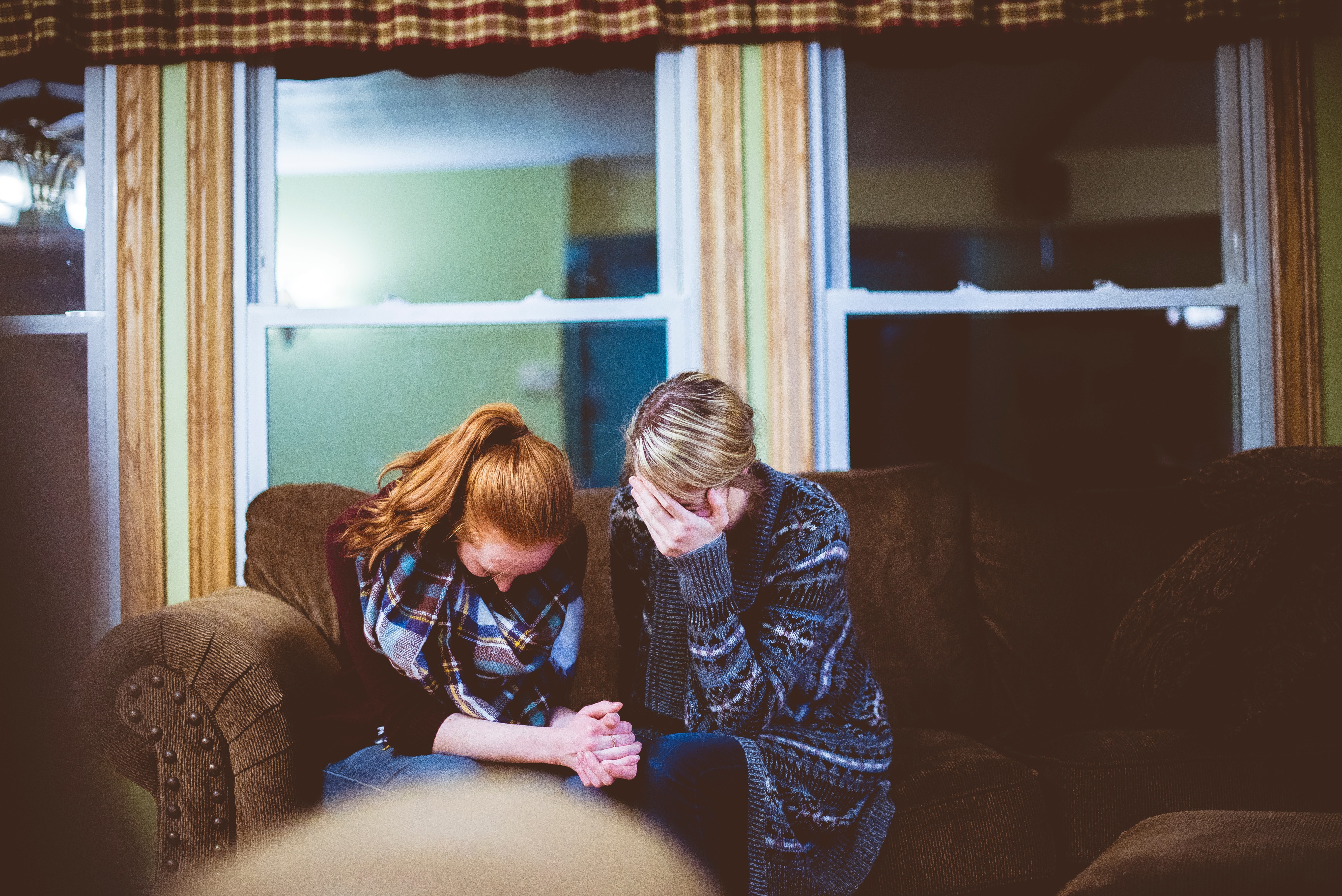Welcome to our special section, Thrive on Campus, devoted to covering the urgent issue of mental health among college and university students from all angles. If you are a college student, we invite you to apply to be an Editor-at-Large, or to simply contribute (please tag your pieces ThriveOnCampus). We welcome faculty, clinicians, and graduates to contribute as well. Read more here.
Let’s face it — it’s hard to apologize.
Your hands dampen, your heart beat quickens and you feel your cheeks turning rose pink. We’ve all been here, but have we all apologized in the best way?
Probably not. Chances are you’ve quickly blurted “I’m sorry” or claimed “It wont happen again.” Though these are apologies, they’re not the best.
Over the course of my life I’ve received and given tons of apologizes. I’ve collected the five best ways to apologize and mean it. So the next time you’re looking to make amends, you will say the right thing.
1. It was not my intention to hurt you.
Though seemingly simple, if executed correctly this statement can make a world of a difference. Everyone interperpates situations differently, so it’s important for you to let the person know your intentions weren’t malicious.
2. I truly want to make things right.
This is an easy way to let the person know you care about them and feel badly about hurting his or her feelings. It reassures your commitment to the friendship or relationship and that you want to make the situation better.

3. I admit what I said/did was wrong.
It’s a shock to your ego at first but admitting you messed up is the ultimate form of humility. You’re only human and you’re supposed to make mistakes, but you’re also supposed to own up to them. It’s also helpful to ask your friend, partner or family member what you can do to avoid making the same mistake.
4. I was not thinking about your feelings when I reacted.
This apology is best used during those heated fights — the kind where you blurt out the most hateful thing you could conjure in the moment. Though this type of fight shouldn’t happen often, but when it does telling the other person that you reacted in the heat of the moment can soften their pain.
5. How can I make this better?
Often times we glaze over apologies and simply say “sorry,” but that’s not enough. Unless you tell the person that you will actively change your habits, then how can they accept your apology? You must give the other person your dedication and willingness to act differently in the future. But when you do that you must keep your word.
It’s not always the most comfortable thing to do but genuinely apologizing for making a mistake can save a relationship. It shows you care about the other person’s feelings and that you want them in your life.
And so let’s build a kinder, more empathetic society, one apology at a time.
Subscribe here for all the latest news on how you can keep Thriving.
More on Mental Health on Campus:
What Campus Mental Health Centers Are Doing to Keep Up With Student Need
If You’re a Student Who’s Struggling With Mental Health, These 7 Tips Will Help
The Hidden Stress of RAs in the Student Mental Health Crisis


